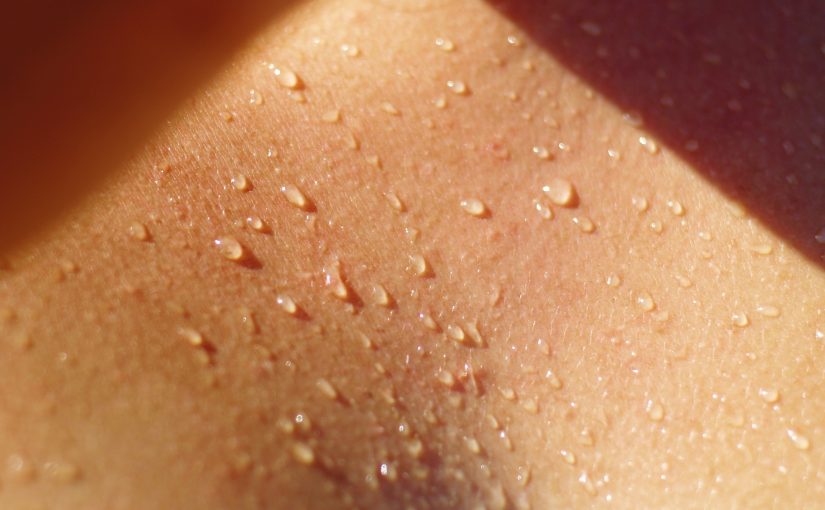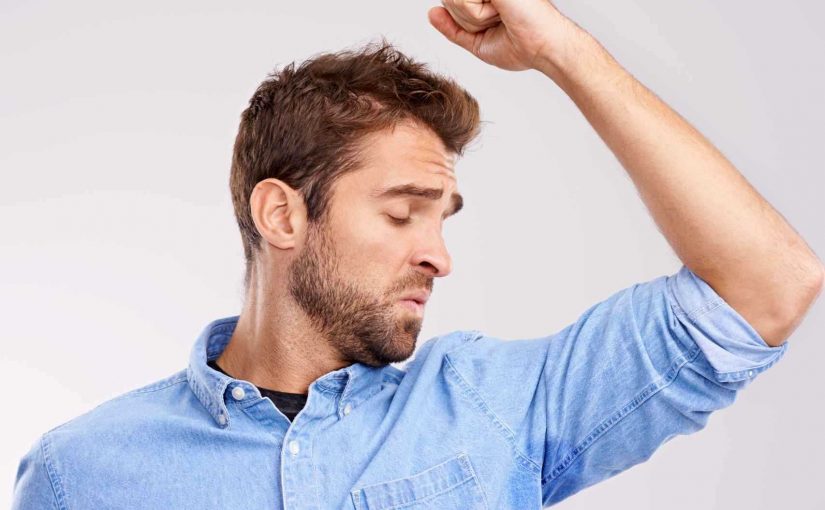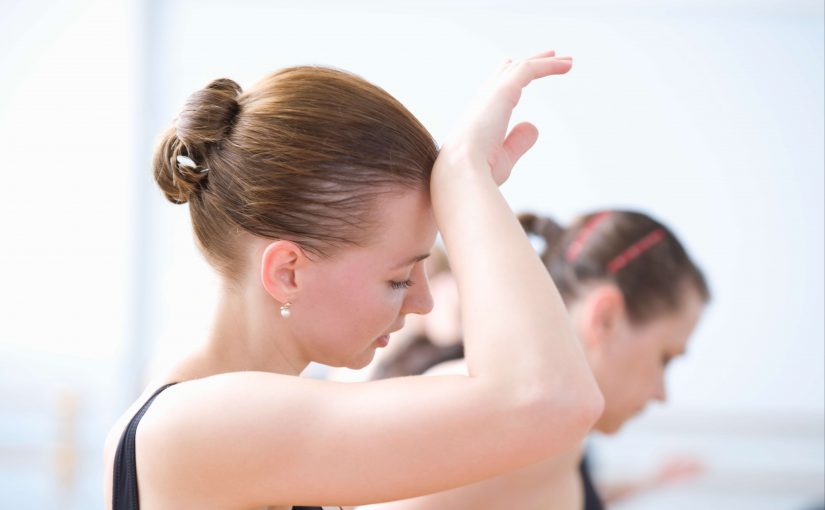
People with underarm hyperhidrosis have excessively high levels of sweat that aren’t caused by heat or exertion. Underarm sweating is a normal part of the human body’s cooling and temperature regulation process.
However, excessive sweating on the armpits may result in soiled clothing, and unpleasant body smells, which can harm one’s social life and even one’s self-esteem. For hyperhidrosis therapy, prescription-strength antiperspirants from hyperhidrosis specialists might be helpful.
Try Botox injections and therapy if antiperspirants don’t work for you. Depending on the severity of the problem, your doctor may recommend surgery to remove the sweat glands or cut off the nerves that cause excessive sweating on your underarms.
It is possible to identify and treat an underlying cause in some instances. So many myths and legends about perspiration make it challenging to tell which ones are accurate and which are not.
Female has more sweat glands than males
Several factors are at play when it comes to the amount of sweat that men and women create. Men sweat more than women, even though both sexes have the same number of functioning sweat glands.
Men are also typically more significant and more muscular than women. Men’s sweat production increases when their mass increases during exercise.
The number of sweat glands activated and the amount of sweat generated by each determine your sweat rate.
As a result of the cycling research, we learned more about how physical endurance affects perspiration rates for both sexes.
To begin with, it’s crucial to understand what your body’s capacity to sweat tells you. In order to protect you from overheating, your body needs to be actively sweating throughout your workout.
Your degree of endurance determines how well you can handle the heat. In order to properly prepare for the strenuous activity ahead, you begin sweating at a lower temperature as your fitness improves.
Sweat has no smell
Body odor is a prevalent problem that may have a negative impact on a person’s well-being. There is a frequent belief that sweat is the source of body odor. This is not the case. Human sweat is odorless. Because sweat contains protein molecules, microorganisms on a person’s body break them down, resulting in odor production.
A person’s quality of life may be adversely impacted by body odor, a widespread condition. Body odor may sometimes indicate a more severe underlying ailment, even though its core causes are typically due to poor cleanliness habits.
The human body is capable of producing a variety of odorants. Many are essential for normal biological functions and do not cause unpleasant smells when consumed in tiny amounts. But the excessive buildup of these chemicals on the skin may result in unpleasant odors.
You don’t lose weight through sweating
One of the most effective strategies to shed pounds is regular physical activity. Is there any benefit to just perspiring? Do you think it’s a part of the weight-reduction plan? Calories are your body’s source of energy.
Without expelling the fat from your body, they’ll remain there for the foreseeable future. Was there a link with your weight? Weight gain occurs when you consume more calories than you expend; this is a balancing act.
The inverse is also true: increasing your caloric expenditure via physical activity will result in weight loss.
Then, the issue arises, does sweating help you burn more calories or not? Our bodies naturally cool themselves by sweating. In order to help you stay calm, it releases water and salt into the air.
While sweating may not directly result in calorie expenditure, it does cause the body to shed water weight. This is only a momentary setback.
There is such a thing as over sweating in certain situations
Excessive sweating may or may not be linked to a specific reason. It is usual for sweat to be brought to the surface of the skin by your sweat glands when the ambient temperature increases or you acquire a fever, you’re working out, or you’re feeling agitated, apprehensive, or stressed.
Because of these reasons, the nerves that indicate sweating are placed on pause when they are no longer relevant.
People with hyperhidrosis have sweat glands that don’t stop producing perspiration. Although they’re sitting in air conditioning or watching television, they’re nevertheless sweating profusely.
It’s not uncommon for swimmers to inform their physicians that they sweat in the water. Hyperhidrosis may be caused by various things, depending on the kind of sweating. Excessive sweating is often harmless. Doctors don’t always know why patients sweat excessively. When hyperhidrosis results from a medical problem, you need to know about it.
Certain meals might cause you to break out in sweat more often
Most individuals sweat when they consume hot foods like chili peppers. Hot chili peppers contain capsaicin, which causes your body to feel hotter and causes you to sweat so you can cool down again.
In addition, your face may get red, your eyes may well up, and your nose may flow. Consuming hot, spicy, or vinegar-containing foods might also cause you to sweat.
When you eat a high-sugar meal, your body may produce too much insulin, the hormone that aids in the conversion of sugar to energy.
As a result, blood sugar levels might plummet, a condition known as reactive hypoglycemia.
Sweating might be an indicator of it. If you consume garlic and onion, you may not sweat, but your perspiration will smell different. Your body into a sulfur compound converts Allicin, a molecule found in such foods.
Your sweat and breath might have a particular odor because of this chemical. Sometimes, the response is triggered by a medical ailment, such as a problem with the nerves in the mouth. Medical professionals know it as hyperhidrosis.
While underarm hyperhidrosis can take a toll on your life and make you self-conscious, there is hope.
Hyperhidrosis specialists may control excessive sweating on your armpits using various methods, including antiperspirants, medications, iontophoresis, Botox injections, and a surgical procedure known as endoscopic thoracic sympathectomy (ETS).
Whatever treatment you choose will depend on your symptoms, budget, and what side effects you can tolerate. Some people prefer surgery, while others opt for a less invasive route. And if you’re looking for a clinic that offers the best non-surgical treatments for hyperhidrosis, consider giving us a call at (818)-850-3345 or visiting our site at https://www.mybotoxla.com/.
My Botox LA Med Spa,
12457 Ventura Blvd #205 Studio City CA 91604,
818-850-3345








